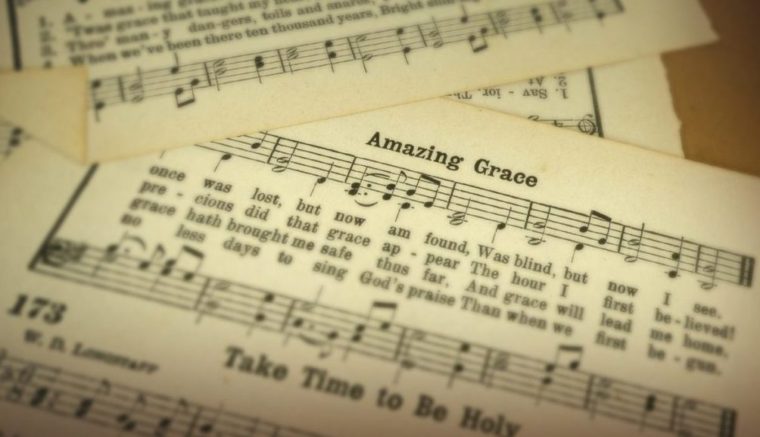Without wanting to be misunderstood, let me say unashamedly that I love the grand old hymns. Throughout my Christian life, I have treasured their historic statements of the church’s faith, having committed many of them to memory.

They have been my dearest companions in dark hours of loneliness and discouragement and my greatest encouragers in times of celebration and adoration.
And while I’m the first to admit that while there’s nothing holy about a hymnal per se, hymns remain an important part of our Christian heritage. Why?
Because the theology of hymns is far too rich and beneficial to lose. The hymn writers were wordsmiths and musicians (seldom the same person) who wove theology and melody together into splendid compositions.
They gave us words for worship and marvelous music. One of the benefits of music—whatever style you choose—is that it helps cement truth in our brains stronger than memorizing words alone.
We remember words easier with a tune attached. Hymns bring to mind deep and practical truths, not only for times of worship but also for times of trial and distress.
I have always loved the old hymns, and I always will . . . because the truths they express are timeless.
However, let me quickly add that the canon isn’t closed on music for worship. In addition to hymns, each new generation will continue to compose fresh choruses of worship and new songs of praise . . . and that is as it should be—it’s biblical!
Fresh and Creative
Those churches who believe we should only have hymns have forgotten the words of David, the sweet psalmist of Israel, who wrote:
I will sing a new song to You, O God;
Upon a harp of ten strings I will sing praises to You. (Psalm 144:9, emphasis added)
The prophet Isaiah and the apostle John later used similar words (Isaiah 42:10; Revelation 5:9). The worship of our Creator should stay fresh and creative.
There is everything right about singing new songs. But we must be certain that the songs we compose and sing express sound doctrine and not human-centered philosophy.
Simply claiming, “The Lord gave me this song,” doesn’t qualify it for public worship. Even Christians in the first century were urged to “test” the words they heard (1 John 4:1–6).
Furthermore, a good melody should never override our critical thinking. Lyrics take on significance only when they are filtered through the inerrant text of the Holy Scriptures.
The music can be new . . . but the truths the music proclaims must not be[ref]Excerpt from Charles R. Swindoll, The Church Awakening (New York: FaithWords Hachete Book Group, 2010) Copyright © 2010 by Charles R. Swindoll, Inc. All rights reserved.[/ref]
—Chuck
